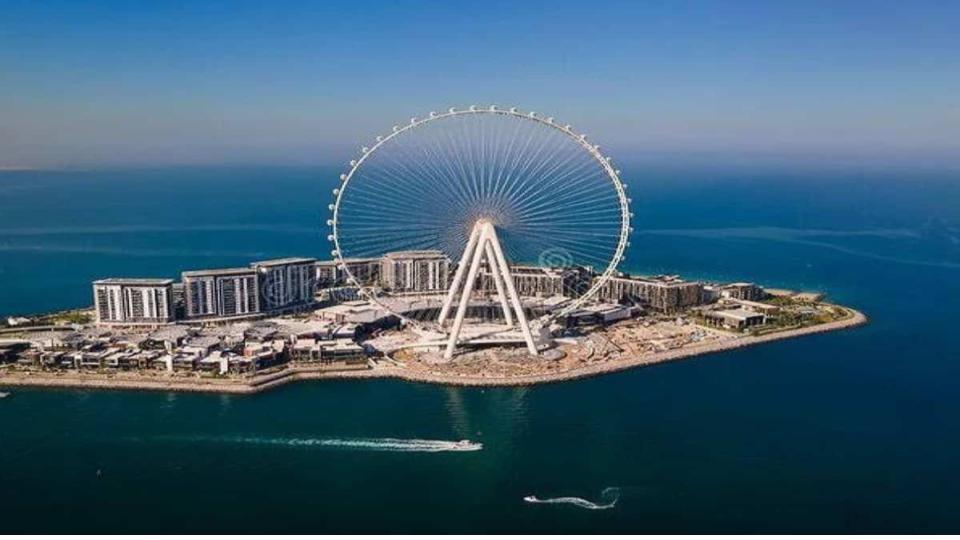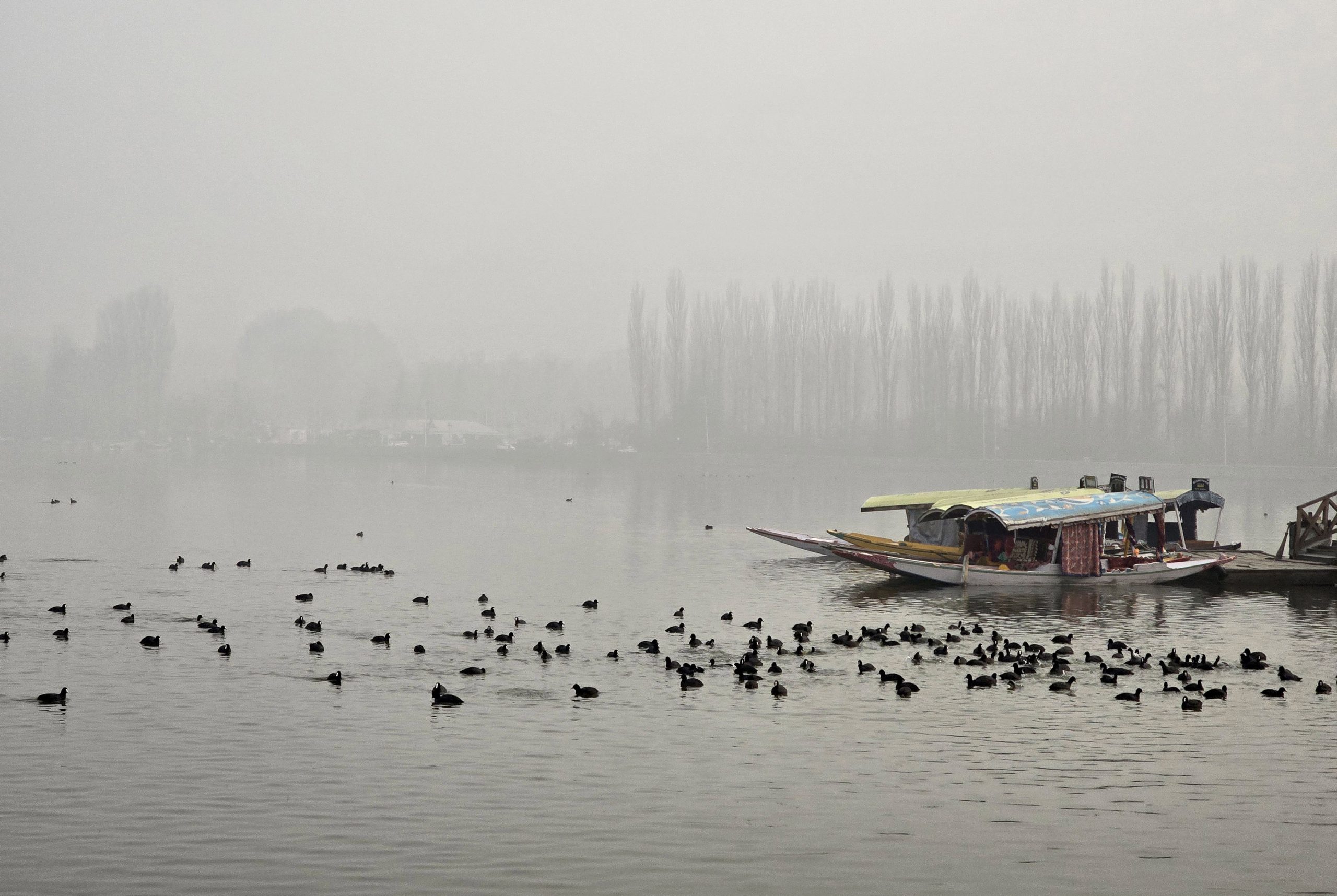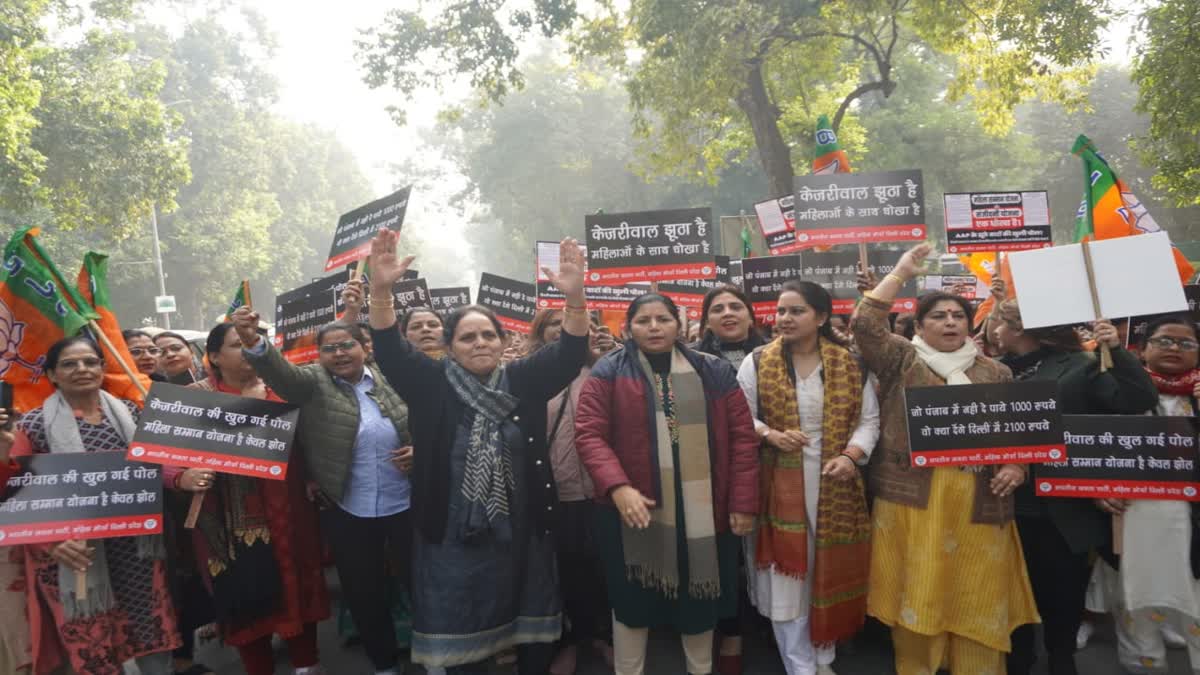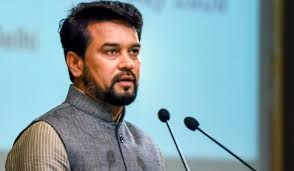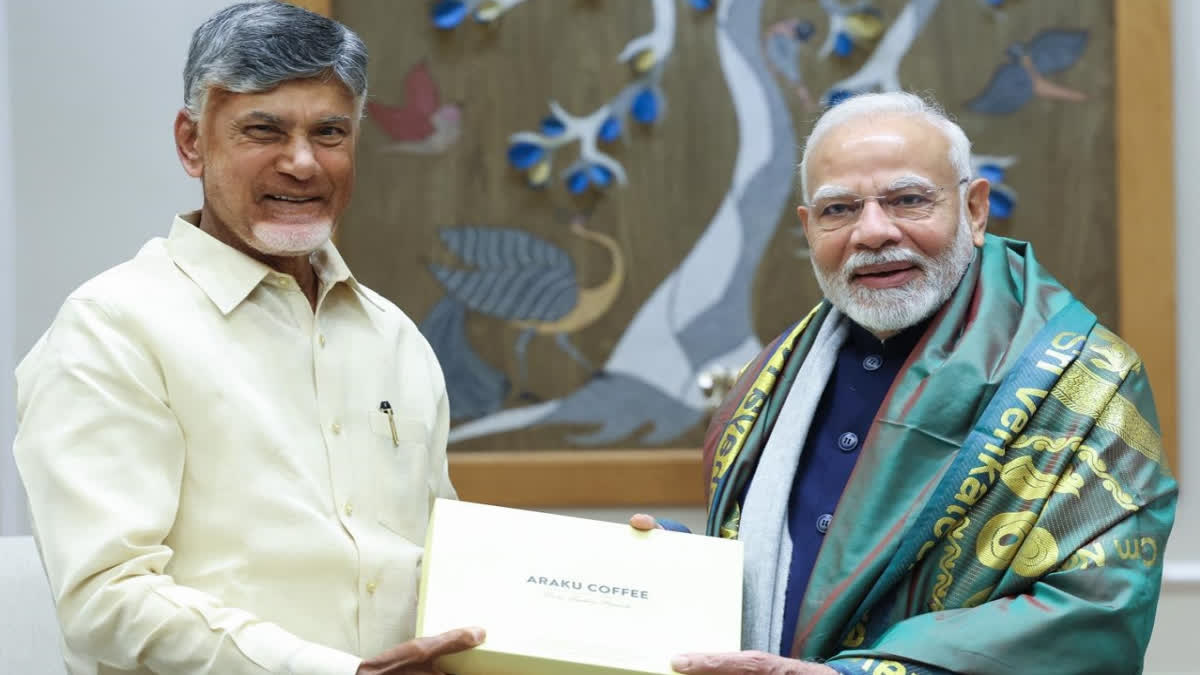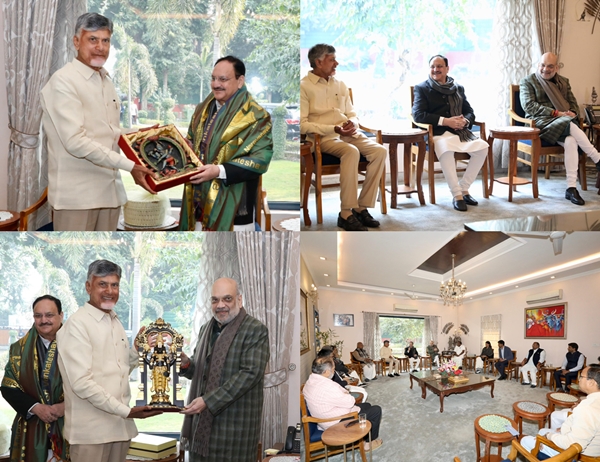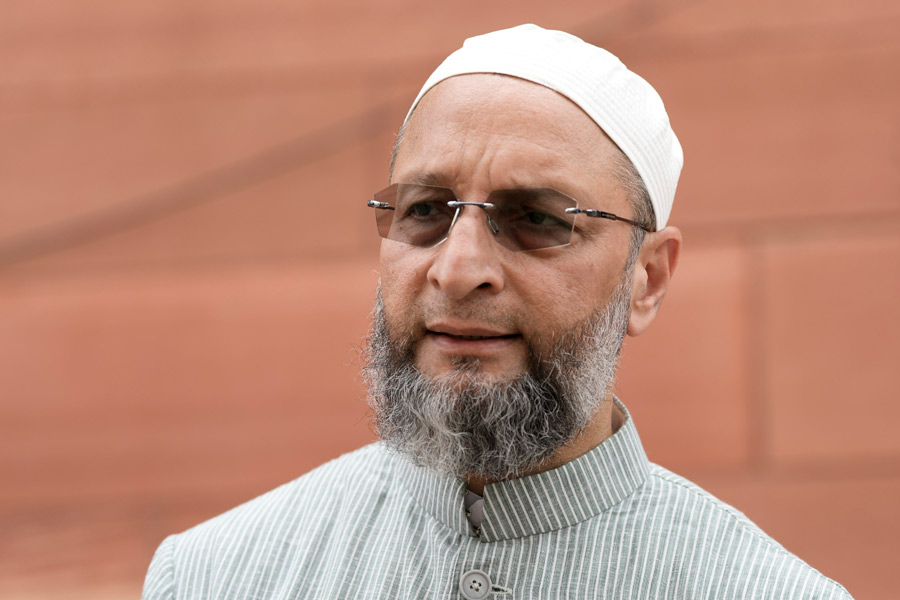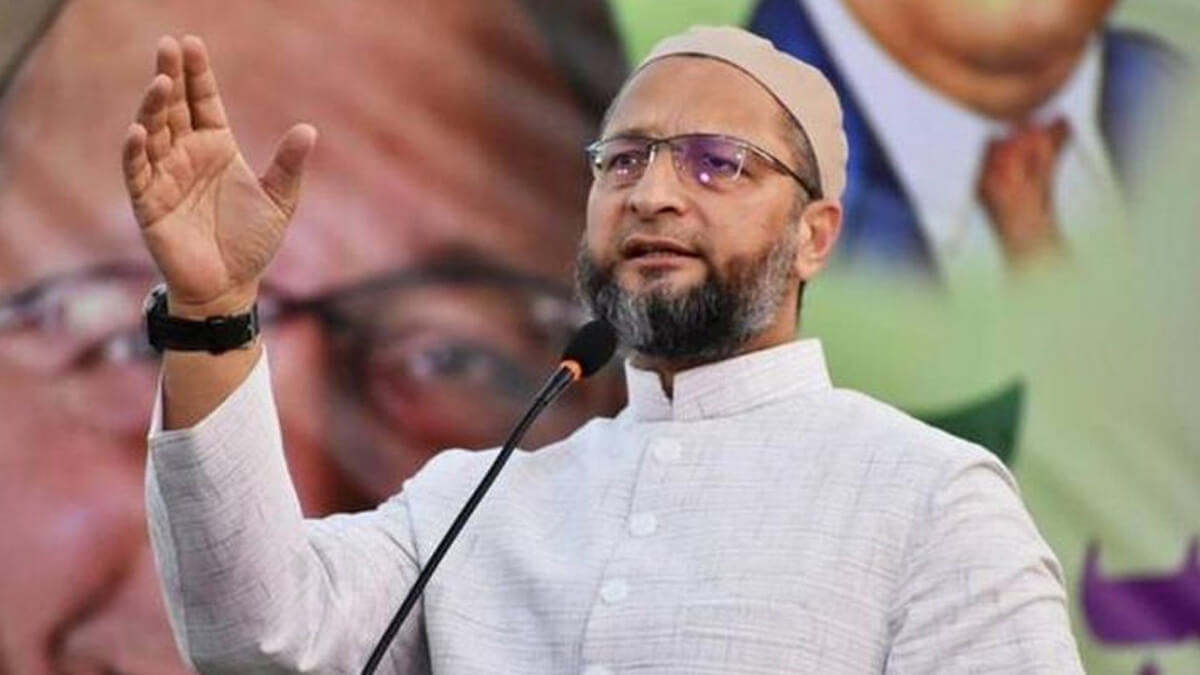Opinion: Set up Supreme Court Regional Bench in Hyderabad
Wed 08 Sep 2021, 06:51:04
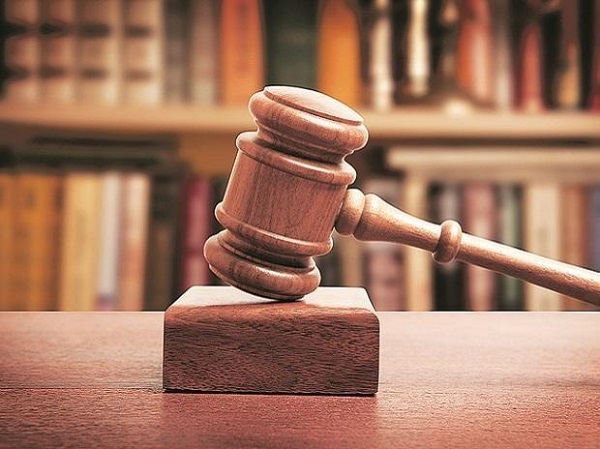
The Chief Justice of India recently inaugurated the first International Arbitration and Mediation Centre, at Hyderabad, to swiftly resolve international commercial disputes. It will not only help resolve disputes but will also help propagate the very concept of arbitration, mediation and conciliation.
This is a step to quicken the justice delivery system on commercial disputes. But, what is the fate of the justice delivery system in other disputes - civil or criminal?
There are nearly 70,000 cases pending in the Supreme Court in matters relating to regular hearing or admission and, even with the full strength of the Bench, it may take decades to clear the pendency. It is not just this. Even if one looks at the Judge-Population ratio in the country, it is nearly 20 per 10 lakh population which is not even 50% of what the Law Commission recommended - 50 per 10 lakh population.
Looking at the avalanche of litigations, including in the Apex Court, the time has come to implement the spirit of Article 130 of the Constitution and set up Seats of Supreme Court in various regions of the country. It is because the basic concept on which the Constitution rests is equal and quick justice delivery and if there is injustice anywhere, it is certainly a threat to justice everywhere.
Successive Law Commissions have recommended for constitutional division within the Supreme Court. The 10th Law Commission, in its 95th Report, in 1984, recommended splitting the Supreme Court into two - Constitutional Court at Delhi and Court of Appeal sitting in North, South, East and West - so as to make the SC as Constitutional Court rather than remaining largely a court of appeals.
The 11th Law Commission, in its 125th Report, 'The Supreme Court - A Fresh Look', submitted in 1988, reiterated the recommendations made by the 10th Law Commission in its 95th Report. The Law Commission felt that it will help reduce the distance to be travelled by litigants and the cost to be borne by them.
Even the 18th Law Commission, in its 229th Report, submitted in 2009, recommended for setting up of Constitutional Bench - exclusively to deal with Constitutional matters - at Delhi and four Cassation Benches be set up in four regions of the country - Northern Bench at Delhi; Southern Bench at Hyderabad or Chennai; Eastern Bench at Kolkata; and, Western Bench at Mumbai with 4-6 judges each.
According to a report of the Centre for Policy Research, appeals are not going to the Supreme Court evenly from various High Courts. As per the report, 19% of the Supreme Court's registry is from Punjab and Haryana and nearly 11% from Delhi and the same is the case when it comes to absolute numbers. This indicates that even though the High Courts
of Madras, Bombay, Telangana and Uttar Pradesh hear more cases, one will find less number of cases reaching the Supreme Court. This defeats the very objective of everyone having equal opportunity for justice. Due to difficulties in accessibility to the highest court of the land, hardly 1% of appeals are preferred from entire South India to the Supreme Court, when compared with 9.3% from Delhi; 5% from Punjab; 5% from Uttarakhand and 3% from Himachal Pradesh.
of Madras, Bombay, Telangana and Uttar Pradesh hear more cases, one will find less number of cases reaching the Supreme Court. This defeats the very objective of everyone having equal opportunity for justice. Due to difficulties in accessibility to the highest court of the land, hardly 1% of appeals are preferred from entire South India to the Supreme Court, when compared with 9.3% from Delhi; 5% from Punjab; 5% from Uttarakhand and 3% from Himachal Pradesh.
The second reason for less number of cases knocking at the doors of the Apex Court is also the costs involved and the distance to be travelled by litigants. This is nothing but denial of the fundamental right of citizens and clearly tantamount to denial of justice since the Apex Court is not geographically accessible to all. The regional benches would work as appellate courts and deal with cases emanating from various High Courts in that region.
It is not that the matter has not gone before the CJI. It had gone to him and in February, 2010, the Full Court after consideration of the issue, found no justification for setting up Benches of Supreme Court outside Delhi. Not happy with the decision, a WP was filed in 2016 for the establishment of National Court of Appeal and the CJI referred the issue to the Constitutional Bench for authoritative pronouncement and, as of now, the matter is sub judice.
This indicates that for decades the issue has not reached its logical conclusion and it is precisely the reason why I have given a Notice to the Speaker to introduce a Private Member Bill on this subject. I hope to introduce the Bill in the forthcoming session and am confident that Parliament would pass it and send it to the Supreme Court for necessary action.
There is a constitutional provision and plethora of recommendations by the Law Commissions and other bodies and committees for setting up of Cassation Benches of Supreme Court in different regions of the country.
Hyderabad, being one of the largest cities in the country, is very well connected by road, rail and air to different parts of South India and other places of the country. It has all the necessary infrastructure and, being the country's software hub, it would be all the more justified and prudent to set up a Supreme Court Bench at Hyderabad. With the International Arbitration and Mediation Centre at Hyderabad, it would be more appropriate to set up an SC Bench here. The Chief Minister of Telangana, K Chandrashekhar Rao, has also informed the Union government and the Supreme Court that the State will provide all the required infrastructure.
The time has come to take the final call on setting up SC Benches. Delay in justice is injustice and if we do not maintain justice, it will not maintain us.
No Comments For This Post, Be first to write a Comment.
Most viewed from Hyderabad
Most viewed from World
AIMIM News
Owaisi hails SC order on Places of Worship Act
Dec 13, 2024
AAP Corporator Tahir Hussain joins AIMIM party
Dec 11, 2024
BJP-SP two sides of same coin: Asaduddin Owaisi
Nov 19, 2024
Latest Urdu News
Most Viewed
May 26, 2020
Do you think AAP will perform better in Delhi polls without alliance?
Latest Videos View All
Like Us
Home
About Us
Advertise With Us
All Polls
Epaper Archives
Privacy Policy
Contact Us
Download Etemaad App
© 2024 Etemaad Daily News, All Rights Reserved.

.jpg)
.jpg)
.jpg)
.jpg)
.jpg)
.jpg)
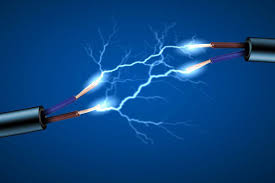


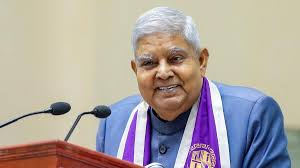

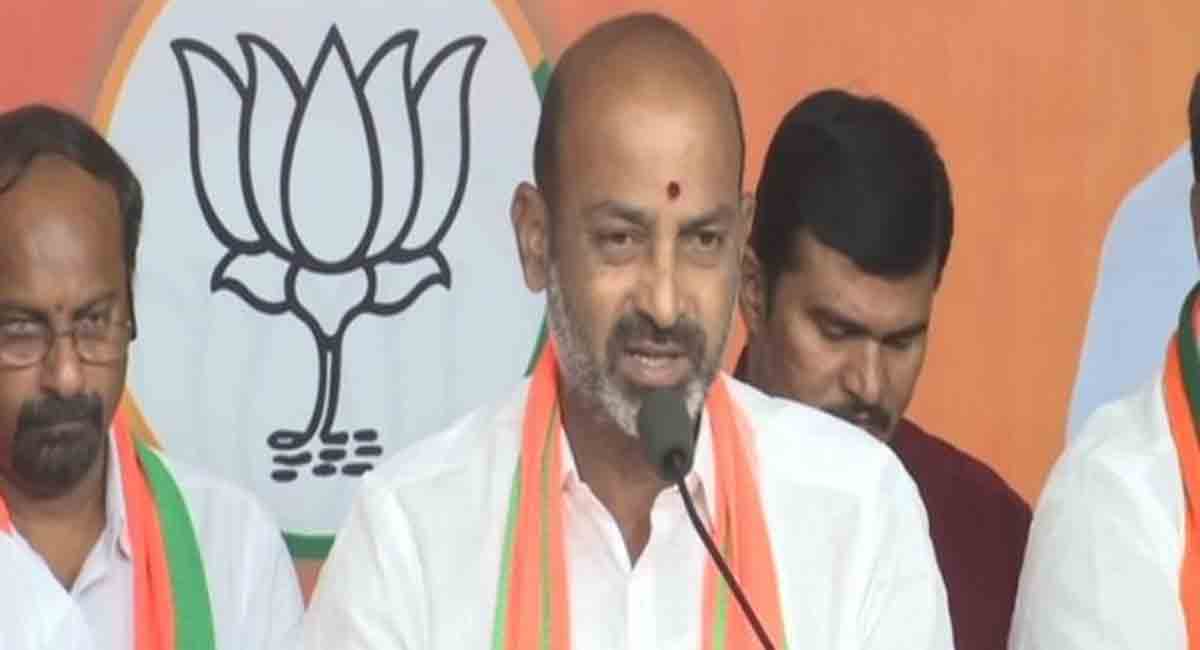
.jpg)
.jpg)
.jpg)
.jpg)
.jpg)
